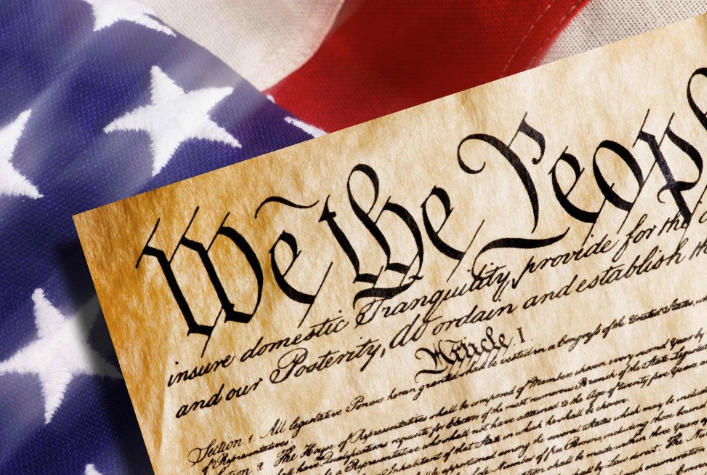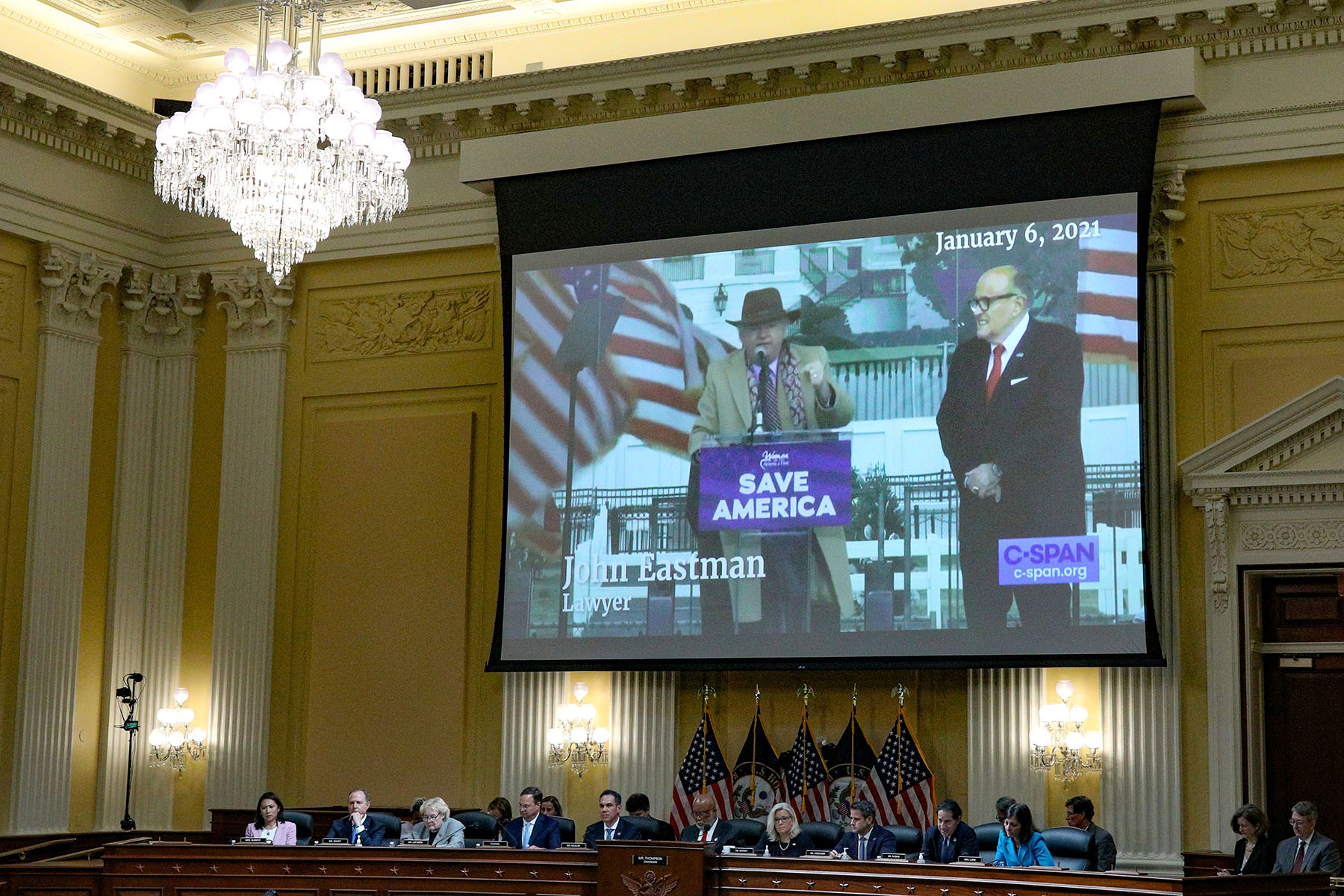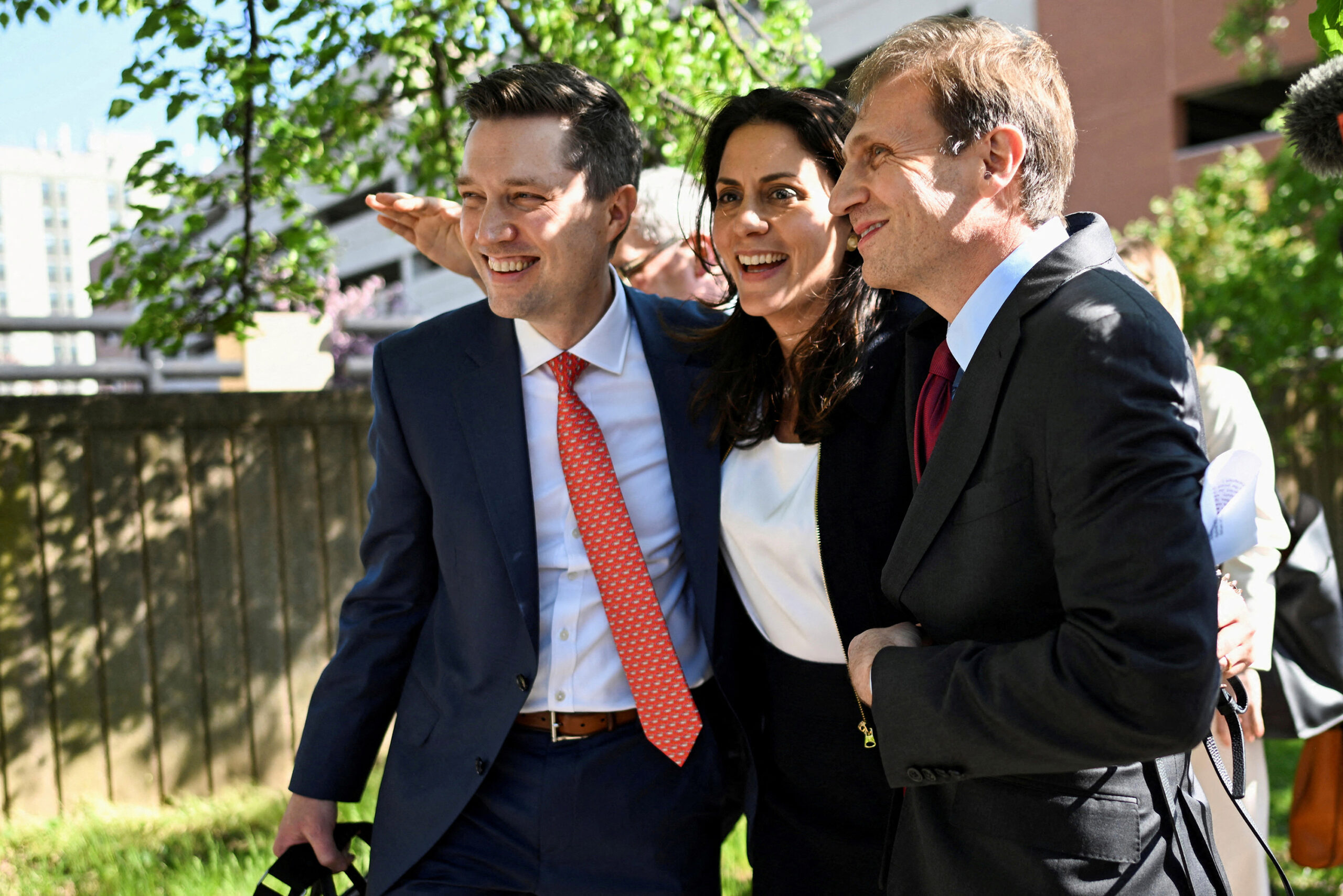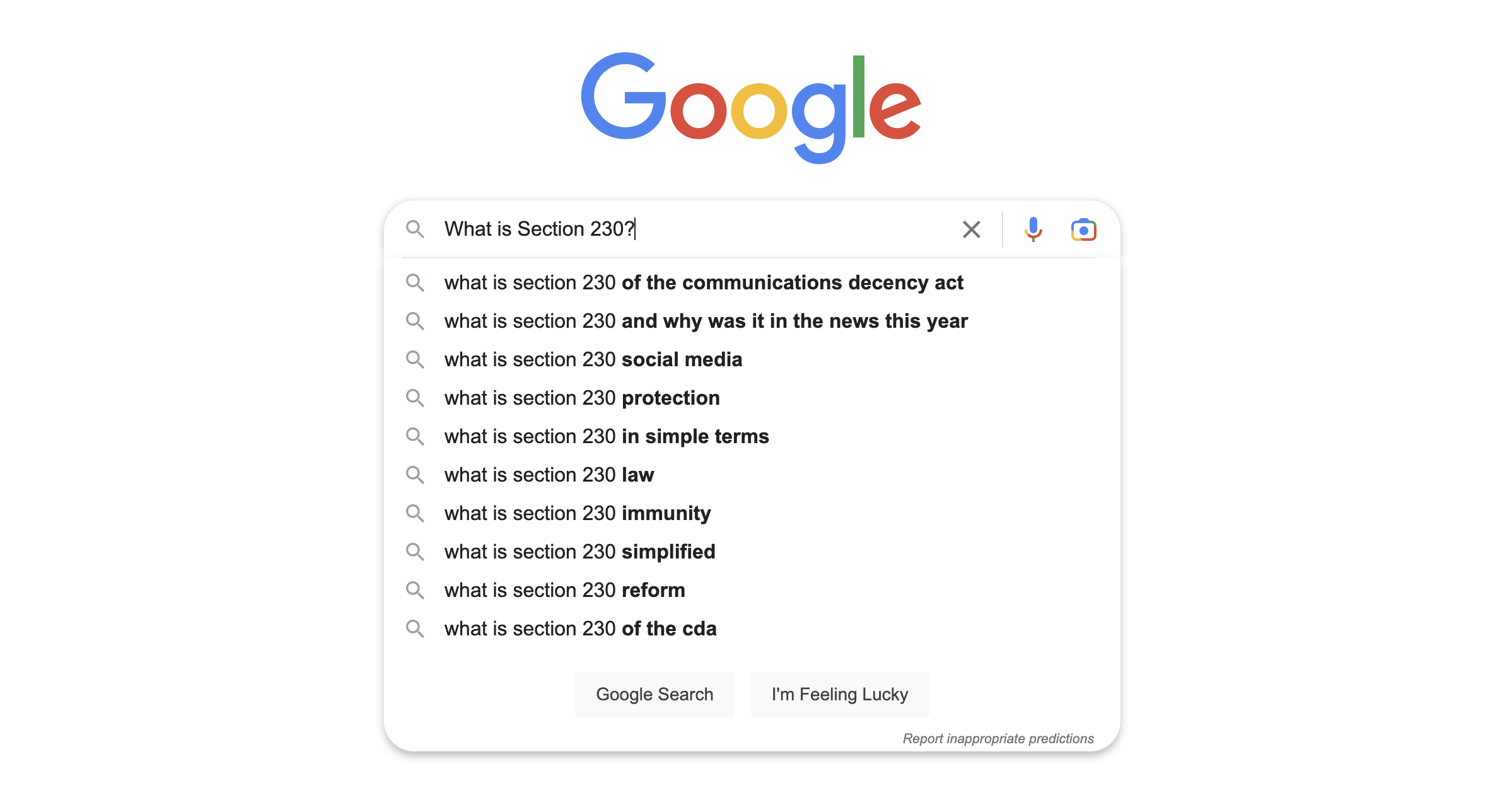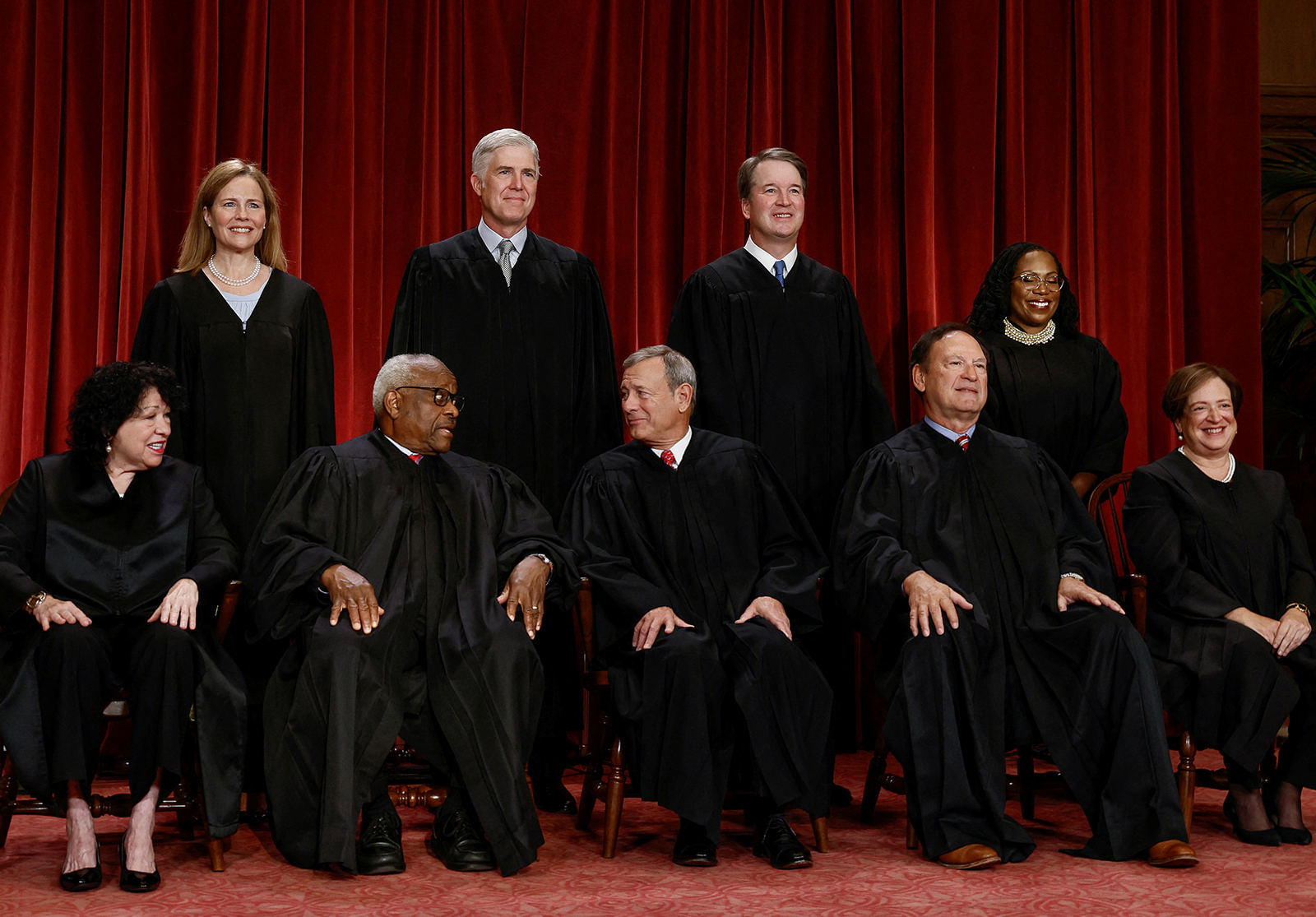First Amendment Watch is co-hosting the 2024 First Amendment Summit, which is convening a group of leading journalists, scholars and attorneys at the National Constitution Center in Philadelphia on Tuesday, for a series of panel discussions on the state of free speech in the United States and around the globe. We asked the panelists to ponder two questions in advance of their appearances to give our readers a sense of how they intend to tackle some of the most urgent issues around freedom of expression we face as a society.
These responses have been edited for length and clarity.
FAW: What would you say is the most pressing First Amendment issue in the United States right now?
Jason Rezaian, Global Opinions Writer at The Washington Post: There are so many important First Amendment issues right now, but as someone in journalism, I am particularly worried about the low trust in what we do among the general public. I can very clearly remember a time when many households got two different newspapers each day in large part to absorb opposing views of issues. But the “news” part of what people consumed was generally consistent from one outlet to another. The ability for individuals to choose their sources of information, including ones not based in reality, and mute ones they don’t like, may be consistent with protected rights, but it is resulting in a misinformed population. Because of the many tools now available to us, journalists are able to produce truly remarkable journalism, and its impact should match that.
Mary Anne Franks, author of the new book “Fearless Speech: Breaking Free from the First Amendment,” and professor at the George Washington University School of Law: It’s hard to pick just one, but the First Amendment’s powerlessness against the wide-ranging efforts by government officials to censor speech they do not like is definitely at the top. Reactionary politicians are banning books, attacking educators, threatening television stations, and harassing researchers with impunity, confident that if and when a court ever intervenes against them, the fear and confusion they have sown in the meantime will already have had its intended chilling effect. The First Amendment is failing in its basic duty to protect Americans from government censorship.
Alex Morey, Foundation for Individual Rights and Expression’s Vice President of Campus Advocacy: In 1937, U.S. Supreme Court Justice Benjamin Cardozo observed that “Freedom of expression is the matrix, the indispensable condition, of nearly every other form of freedom.” Nearly a century later, too many Americans either fail to understand, are apathetic about, or maintain downright hostile attitudes toward this constitutional right. This year’s UPenn Annenberg Constitution Day Civics Survey found 1 in 5 people couldn’t name a single one of the 5 First Amendment-protected freedoms. An even more depressing Freedom Forum survey out last month found “a declining share of Americans say they would ratify the First Amendment today if it were up to them. (58% today, down from 63% four years ago).” The right to speak one’s mind without the looming threat of being thrown in jail, or worse, is a relatively rare luxury in our troubled world. The fact that too many Americans fail to understand, or care, that the First Amendment protects our indispensable expressive freedoms, and might even dispense with this important law altogether, is the most pressing First Amendment issue our nation faces today.
Nadine Strossen, author of “Free Speech: What Everyone Needs to Know,” former ACLU president and professor at New York Law School: The most pressing First Amendment issue in the U.S. “right now” is the very same that it has been throughout my half-century-plus as a free speech advocate: a pervasive lack of understanding about modern First Amendment law’s speech-protective principles, and the history that gave rise to them. This ignorance is common among not only the general public, but also influential segments of our society, including government officials, members of campus communities, and journalists. The indifference – and, worse yet, hostility – that too many members of these groups show toward speech-protective First Amendment standards reflects a distorted, caricatured version of what those standards actually are. Too many leaders wrongly contend, for example, that controversial speech such as “hate speech” or “disinformation” are not constitutionally protected, whereas others maintain the opposite. In fact, though, neither categorical statement is correct. Rather, the law sensibly allows the government to restrict the most dangerous speech, while also barring the government from imposing the most dangerous restrictions. More widespread understanding of these key principles would lead to more widespread support for them. It would also be helpful for people to understand the “Free Speech Golden Rule”: if you want freedom for speakers and ideas you love, then you must defend it for speakers and ideas you loathe.
FAW: What can be done about the rise of disinformation consistent with the First Amendment?
Mary Anne Franks: The U.S., like all countries, routinely regulates false information. We have laws against fraud, defamation, perjury, food and drug labeling, false advertising, impersonation, forgery, counterfeiting, and the list goes on. Any intelligible conception of free speech recognizes that some forms of speech threaten other forms of speech, and that the marketplace of ideas, like all marketplaces, cannot function without some form of regulation. While the government must be restrained from prohibiting speech on the basis of its viewpoint, speech can and should be regulated on the basis of its falsity if it causes serious, objective harm.
Alex Morey: New technologies have always presented fresh concern about unintended consequences. In 1858, the Telegraph was criticized as “superficial, sudden, unsifted, too fast for the truth.” I’d love to have seen the would-be telegraph regulators of yesteryear get a load of TikTok. But do we now need new laws to regulate the fresh ills posed by social media mis/disinformation and deepfakes? FIRE has argued that, just like with the Telegraph, the radio, television, and the internet, we can once again turn to existing First Amendment and other legal frameworks to address these speech-related concerns — rather than chipping away at constitutional law. For example, the First Amendment already makes exceptions for speech that causes real harm or maliciously targets individuals or groups. Laws banning true threats, defamation, false light invasion of privacy, and harassment can already be used to hold malicious social media users accountable, without categorically banning certain types of speech and expressive channels. As FIRE has argued: “In a liberal democracy, there’s only one solution to the problems of misinformation and disinformation, and that’s an informed citizenry who can separate fact from fiction for themselves, without the heavy hand of government regulation” which can be too easily abused.
Jason Rezaian: There has been good progress in flagging disinformation online, but the instances of it are only growing and the technology used to produce and alter images is improving. I am not a lawyer, but it seems to me that at a time when creating and manipulating content has never been easier and instances of it being used to do harm can be found everywhere online. The argument that people can choose what they consume is not sufficient. It seems to me that libel and defamation law needs to be updated to reflect current circumstances.
Nadine Strossen: Multiple studies have demonstrated that the most fruitful avenue for curbing disinformation’s negative potential impact — which is also fully consistent with free speech principles — is the traditional “more speech” or “counterspeech” alternative to censorship. We should deploy various forms of information that can check the spread and influence of disinformation, including: proactive dissemination of accurate information; targeted responses to specific disinformation; and preemptive general educational approaches, enhancing information literacy and critical media skills. Psychological research shows that even more effective than debunking disinformation after its dissemination is “pre-bunking”: inoculating people against disinformation before they are exposed to it. An article that was published in the August 2022 Science Advances journal by researchers at the University of Cambridge, the University of Bristol, and Google, which detailed seven pre-bunking experiments involving one million adults, demonstrated the successful impact of this approach on people with various political beliefs and concerning various conspiracy theories. The study documented an increase in the subjects’ ability to recognize misinformation techniques “not just across the conspiratorial spectrum but [also] across the political spectrum.”
In contrast with censorship, these counterspeech strategies not only are more compatible with free speech and democracy; they also are more effective in promoting truth. Experience has shown that even the most censorial regime can never completely eliminate the supply of disinformation; some disinformation will be driven underground, and some will be camouflaged in more subtle language to elude censors. Given the inevitable, persistent supply of disinformation, we must focus on reducing the demand for it – i.e., persuading people not to heed it. Yes, it’s true that counterspeech isn’t guaranteed to succeed in suppressing disinformation. But it’s also true that censorship is guaranteed to fail in doing so.
Tags
